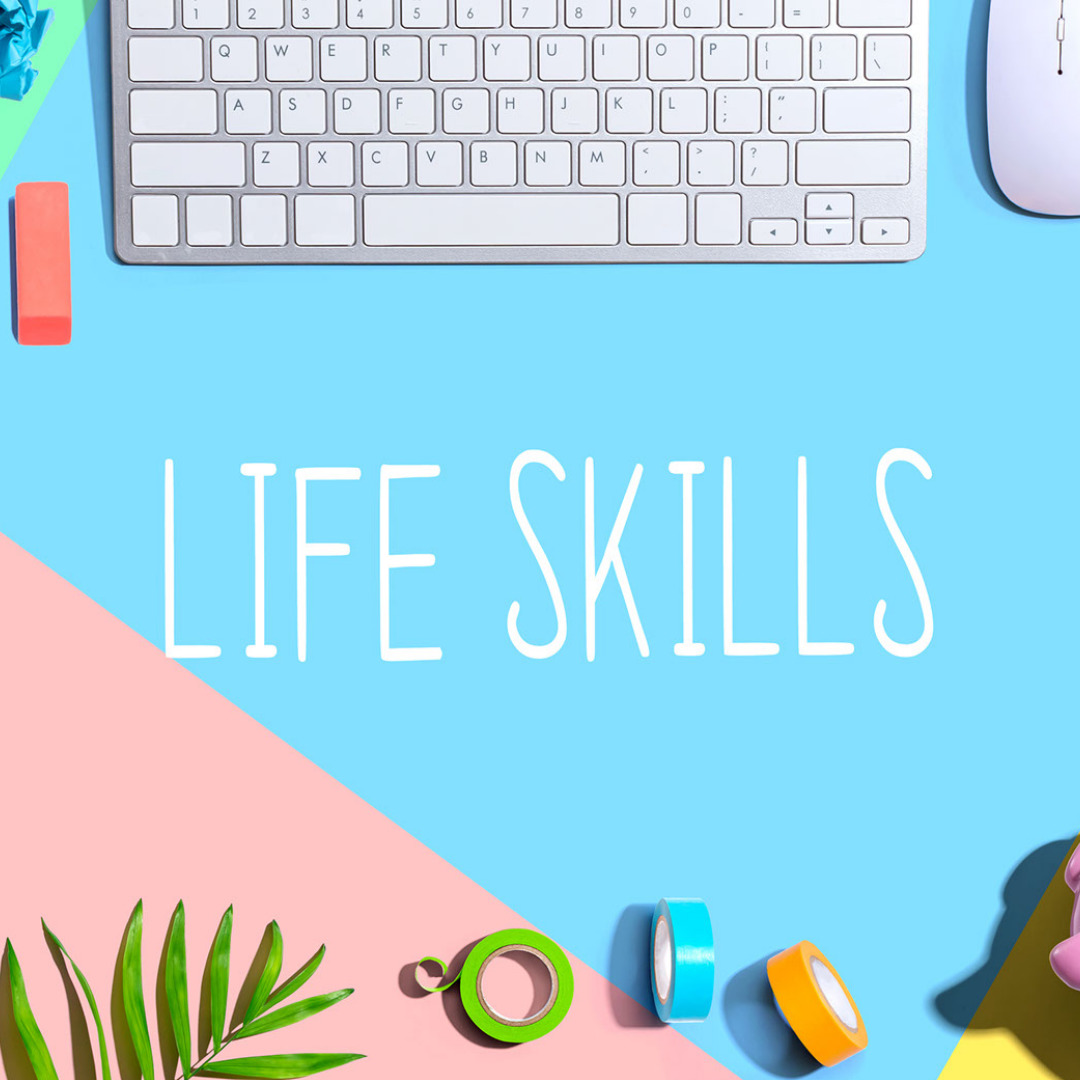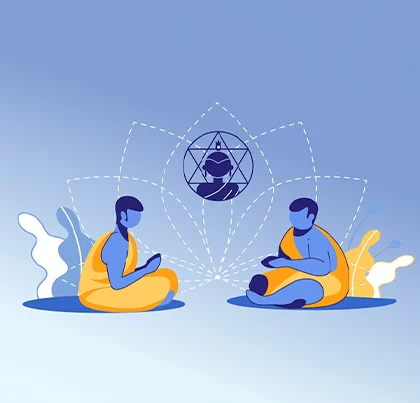How Addiction Recovery Helps With Important Life Skills

While the primary purpose of many addiction recovery programs is naturally to help patients reduce and eliminate their dependence on addictive substances or themes, there are a number of sub-themes that go into this broad category. Many who take part in such programs find that they’re also highly beneficial in terms of overall approaches to life, including certain life skills that some may have been struggling with.
At Brighton Recovery Center, we’re happy to provide several forms of addiction recovery treatment, including inpatient and outpatient programs plus many other resources. We take a holistic approach to recovery, one that may include many broad themes — such as general life skills and how they’ll help those who struggle with addiction to better manage various parts of themselves. Our programs extend to long-term sober living and alumni events, and these only continue promoting these broad life skill themes. What are some of the top life skill areas that are often covered as part of the addiction recovery experience? Here are several to consider.
Stress and Emotional Management
Some of the most common triggers for substance abuse are emotional issues or stress. Those who have trouble with self-management and coping may turn to drugs or alcohol in order to ‘numb’ such feelings, but this isn’t generally a positive long-term solution.
This is one major area where life skills come into play during addiction recovery. Learning how to better manage stress and emotions can make it much easier to resist relapse in the future, as there will be healthier coping mechanisms available. This may include things like journaling, meditation or mindfulness practices, deep breathing exercises, and more.
Time Management and Productivity
For many people who struggle with addiction, one of the biggest issues is a lack of productivity. This may manifest in many different ways, but often includes things like skipping work or school, not keeping up with responsibilities at home, and more.
Part of addiction recovery treatment will often involve help with time management and developing a better sense of productivity. This could look like setting realistic goals, scheduling out time for different activities, and learning how to better prioritize tasks. These skills can be beneficial not only in terms of resisting relapse, but also in other areas of life such as work or school.
Habits and Routines
Another common issue among those who struggle with addiction is a lack of consistent habits and routines. This may be related to a lack of productivity, but could also be connected to other such as diet or exercise — there’s often many different areas where an addict may have inconsistent habits and routines, which can make it harder to move forward in recovery.
In order to combat this issue, addiction recovery often focuses on developing better daily habits and routines. This may include things like regular sleep patterns, eating healthy meals at similar times of day, engaging in physical activity, and more. All of these are critical to keeping the body and mind strong as an addict moves forward in their journey to sobriety.
Setting and Sticking to Goals
It’s often difficult for addicts to set goals and stick to them, as addiction itself can be goal-oriented — the addict’s goal may be to obtain and use drugs or alcohol, rather than other such as recovery or sobriety.
One of the most important aspects of addiction recovery is therefore helping patients to set obtainable goals, and then working with them to achieve them. This may include things such as therapy, counseling, and working with others in the recovery process. All of these can help addicts to stay on track with their goals and continue moving forward in sobriety.
Healthy Relationships
Problems with relationships are often a top trigger for substance abuse and addiction, as those who have unhealthy or toxic relationships may turn to drugs or alcohol in order to cope.
It’s therefore crucial that addicts learn how to develop and maintain healthy relationships, both during and after addiction recovery. This process may involve things like therapy, counseling, and working on communication skills. It’s often one of the most important aspects of recovery, as it can help to prevent relapse and build a strong support system.
Self-Care
One of the single most important aspects of addiction recovery, but one that some in this position struggle with, is learning how to take care of oneself. This can include things like self-care, stress management, and setting healthy boundaries with others.
Once again, addiction recovery programs provide a space for addicts to learn and grow in this area. This is often done through therapy, counseling, and group support. It’s one of the most important aspects of recovery, as it can help to prevent relapse and build a strong foundation for sobriety.
Promoting Social Skills
Another common issue for those in addiction recovery is a lack of social skills. This may manifest in many different ways, but often includes things like being shy or introverted, not knowing how to communicate with others, and more.
This issue is often addressed in addiction recovery through therapy and counseling. In these settings, addicts can learn how to better communicate with others, how to build and maintain relationships, and how to develop new social skills. This can be a powerful tool in preventing relapse, as building close connections with others is one of the top ways that addicts can stay on track during recovery.
Overall, there are many different aspects of addiction recovery that can help those who struggle with substance abuse or addiction. These programs often focus on things like developing better habits and routines, setting and sticking to goals, maintaining healthy relationships, promoting social skills, and more. All of these are critical to the recovery process, and can help addicts to build a strong foundation for sobriety.
For more on this, or to learn about any of our addiction recovery and rehab programs, speak to the caring team at Brighton Recovery Center today.



